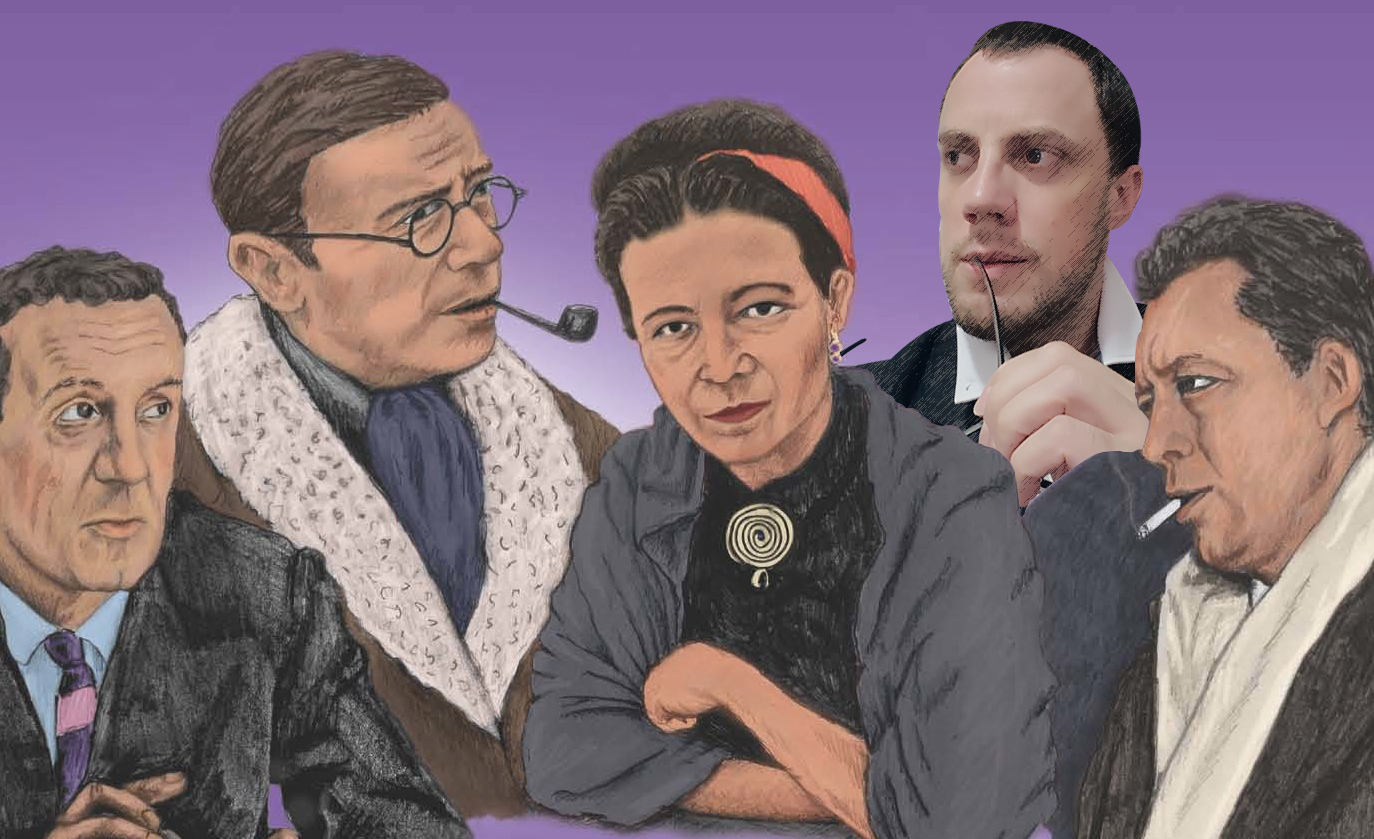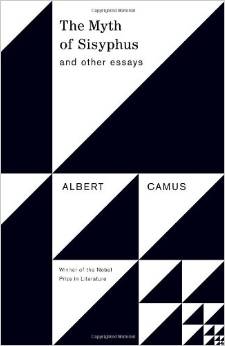The Philosophy
Camus outlined his philosophy of the absurd in The Myth of Sisyphus which I will now briefly outline.
Camus feels that the world is irreducibly and fundamentally irrational. Even science, which aims to bring order and unity to the world must ultimately resort to “poetry” at the limits of its knowledge. Camus is not making a “God of the gaps” argument here, he is rather suggesting that at the limits of science there will always be things fundamentally unknowable and irreducible to any meaningful structure or order. Nature, at her core is fundamentally irrational. Despite the ultimate meaninglessness of the world, the human mind is constantly striving to find unity (and thereby meaning). Camus calls this facet of human beings, nostalgia. It is the clash of these two themes, human nostalgia and an irrational world, that results in the feeling of the absurd. Death, in particular, represents the pinnacle of the absurd, underwriting the futility and meaninglessness of all of our goals, hopes, and achievements. In the face of such blatant absurdity, Camus wonders, can suicide be avoided? If we follow this absurd reasoning to its logical conclusion it would seem that suicide is the only solution.
Camus analyses the thoughts of several philosophers of his time who all recognised the absurd but failed to deal with it appropriately. So what does dealing with it appropriately mean?
We only know two things for certain. First, the world is irrational and second, we need meaning. Dealing with the problem created by the clash of these two facts must not eliminate one of them. If one of the terms is eliminated, that is to say, ‘shown’ that it is not real, then all we have done is lie to ourselves because we have already established that they are facts.
So, how do the philosophers who preceded Camus fail to address the problem? Jaspers, Chestov, and Kierkegaard deify the irrational, thereby bestowing some kind of order upon the world which our nostalgia can then reconcile with. Husserl similarly denies that the world is irrational by filling it with “extra-temporal essences.”
Camus charges all of these thinkers with eluding the absurd. He declares that since we cannot dissolve the absurd struggle between the two terms without lying to ourselves, the only option left to us is to keep it alive. Suicide is therefore a form of eluding, in that it eliminates one of the terms (nostalgia) and therefore doesn’t actually deal with the problem of the absurd. Instead, we must challenge the world at every turn in what he calls a revolt. This revolt is a battle we can never win but one we must also never give up. There are therefore two aspects that give life some value, the first is the awareness of the absurd and the second is the day-to-day revolt against it. The only meaning we can hope to extract from a meaningless universe comes in the form of our defiance against it.
Next, Camus reasons that the individual who chooses to elude the absurd problem by imagining her life to have meaning and aligning it with the ‘tenets’ or ‘guidelines’ that articulate that meaning, actually ends up restricting herself. In striving for freedom and meaning, she places barriers around herself that limit her actions. This leads him to the notion of absurd freedom, in which the rejection of any hope or consolation, frees the absurd individual from any bonds.
Finally, if life is nothing more than the absurd, then it follows that quantity of life, not quality, is what counts as the best life. Raw experience (consciousness of the absurd and revolt against it) is the only thing that matters and since two people who both live the same length of time have the same amount of that experience, the only thing that matters is how long it lasts. All that is left to do is live our lives in as passionate a revolt as possible.
And so, Camus rejects the idea that the absurd dictates suicide and instead draws three conclusions from it; revolt, freedom, and passion.
Camus concludes this essay with a brief analysis of Sisyphus and his plight. Sisyphus is the mortal, Greek hero of myth whose scorn of the gods, refusal of death, and passion for life, have led to his being sentenced to the most terrible punishment imaginable; that of fruitless endeavour. He must push a boulder uphill only to have it roll back down as soon as the task is done.
Camus argues for two things here. First is the idea that since Sisyphus is conscious of his fate (it wouldn’t be much of a punishment if he wasn’t), he can rise above it through scorn, the greatest weapon of anyone in the revolt. Second is the surprising claim that Sisyphus can even find joy in between his exertions, when he is walking down the hill to retrieve the boulder. In the face of his absurd plight, perhaps even because of it, Sisyphus’ fate belongs to him, his rock is his thing, and he can conclude that all is well. It is enough for him.
“The struggle itself toward the heights is enough to fill a man’s heart. One must imagine Sisyphus happy.”
Questions:
Does Camus himself dissolve one of the terms of the absurd? Doesn’t his ‘solution’ eliminate nostalgia and just slip a meaning of life in the back door?
Camus places a lot of emphasis on death as the height of the absurd since it reduces all of our endeavours to nothing but wouldn’t a life without death be even more absurd?



